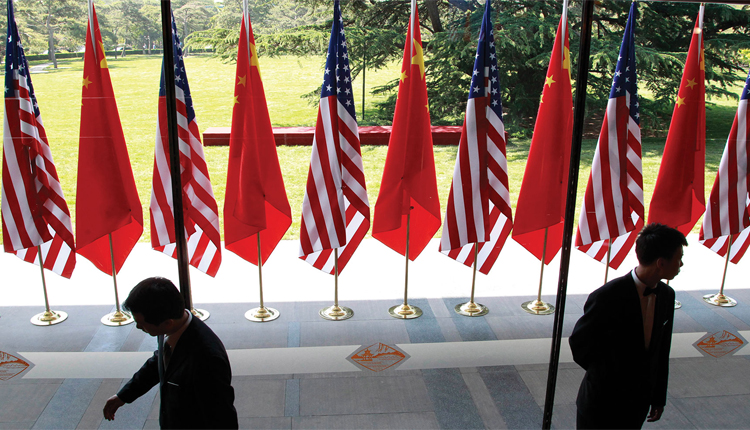The U.S. Treasury has just taken the extraordinary step declaring China as a currency manipulator, something no administration has done since the days of Bill Clinton, intensifying tensions between the world’s two largest economies.
The US Treasury department defines currency manipulation as when countries deliberately influence the exchange rate between their currency and the US dollar to gain “unfair competitive advantage in international trade”.
A weaker yuan makes Chinese exports more competitive, or cheaper to buy with foreign currencies.
On Monday, the People’s Bank of China (PBOC) said the slump in the yuan was driven by “unilateralism and trade protectionism measures and the imposition of tariff increases on China”.
The US government said Treasury Secretary Steven Mnuchin will now engage with the International Monetary Fund (IMF) “to eliminate the unfair competitive advantage created by China’s latest actions”.
With the action, the trade war between the U.S. and China has entered a new phase that will likely see both countries stepping up both their rhetoric and actions in the trade dispute that has now dragged on for over a year.
As a result of the ongoing hostilities between the U.S. government and China, the flood of investment dollars that once came from Chinese technology companies and investors into U.S. technology companies has slowed.
Acquisitions and investments made by Chinese companies have been unwound over concerns from the Committee of Foreign Investments in the U.S. and tariffs slapped on Chinese imports have hit U.S. stock prices (including in the technology sector).
The announcement by the US Treasury follows a sharp fall in the value of the Chinese yuan against the dollar.
The drop caught markets off-guard as Beijing usually supports the currency.
Last week, China pledged to retaliate after US President Donald Trump vowed to impose 10% tariffs on $300bn (£246.7bn) of Chinese imports.
On Monday, the yuan passed the seven-per-dollar level for the first time since 2008, prompting Mr Trump to accuse China on Twitter of manipulating its currency.
The news of Treasury’s move comes less than 24 hours after the Chinese government announced a complete halt on U.S. agricultural imports. More significantly, the Bank of China has let the country’s currency slide in value against the U.S. dollar to above the seven-to-one figure that was considered a line-in-the-sand for trade.
Given the escalation, economists’ fears that global markets could slip into a recession within the next nine months are more likely to be realized, according to reports from Morgan Stanley, quoted by CNBC.
The move is largely symbolic because the US is already engaged in trade discussions with China and has implemented tariffs on the country’s imports.
However, it fulfills a presidential campaign promise by Trump who pledged to name China a currency manipulator on his first day in office.
Source: BBC, Techcrunch
